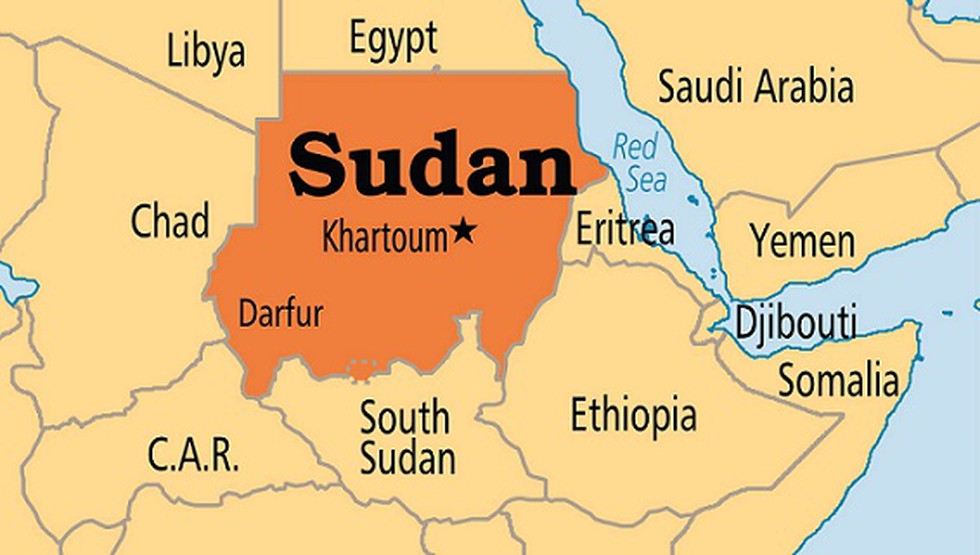Who is in charge in Sudan?
- Sudan began a transition to democracy after a popular uprising and the ouster in April 2019 of President Omar al-Bashir, an Islamist shunned by the West who had presided over the country for nearly three decades.
- Under an August 2019 agreement, the military is sharing power with officials appointed by civilian political groups in a ruling body known as the Sovereign Council, meant to lead the country to elections by the end of 2023.
Tensions
- Although the military’s role is supposed to be largely honorary, civilians have repeatedly complained of military overreach in foreign policy and peace negotiations.
- The military has accused civilian parties of mismanagement and monopolising power.
- A coalition of rebel groups and political parties have aligned themselves with the armed forces and have sought to dissolve the civilian cabinet.
- One point of tension is the pursuit of justice over allegations of war crimes by the military and its allies in the conflict in Darfur from 2003. The International Criminal Court (ICC) is seeking trials for Bashir and other Sudanese suspects.
